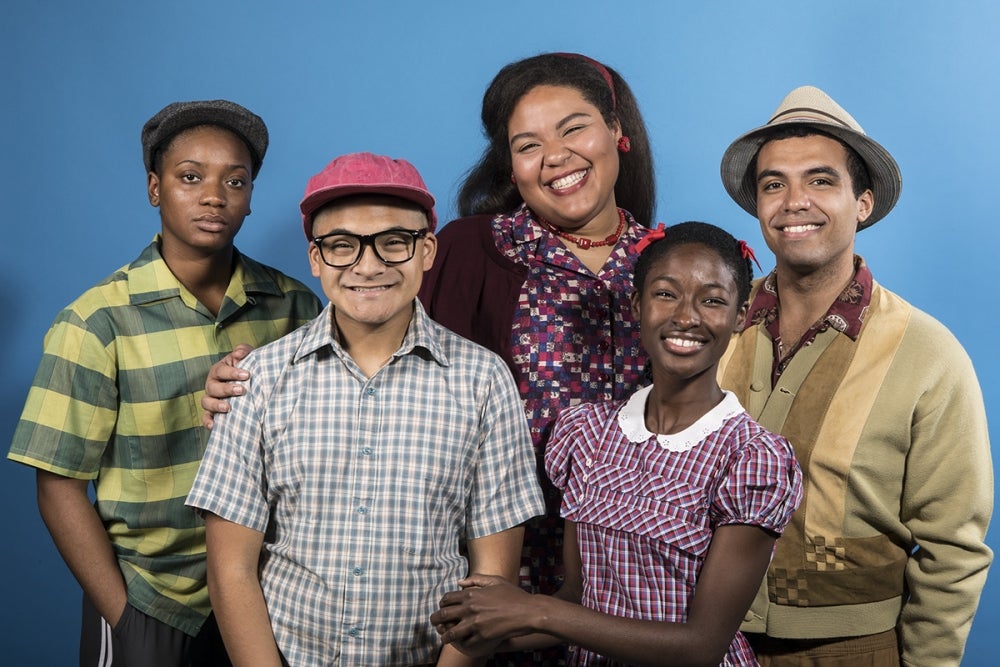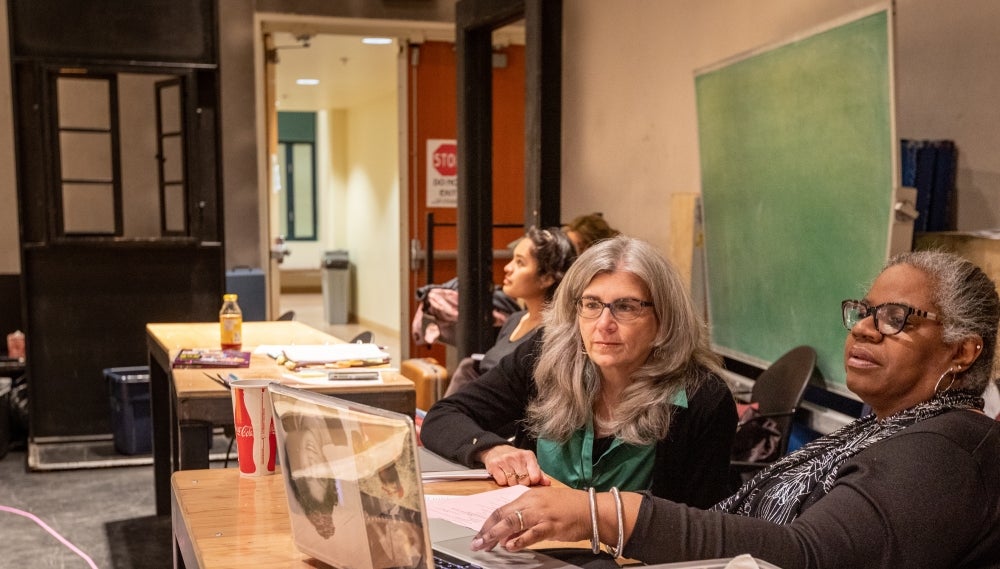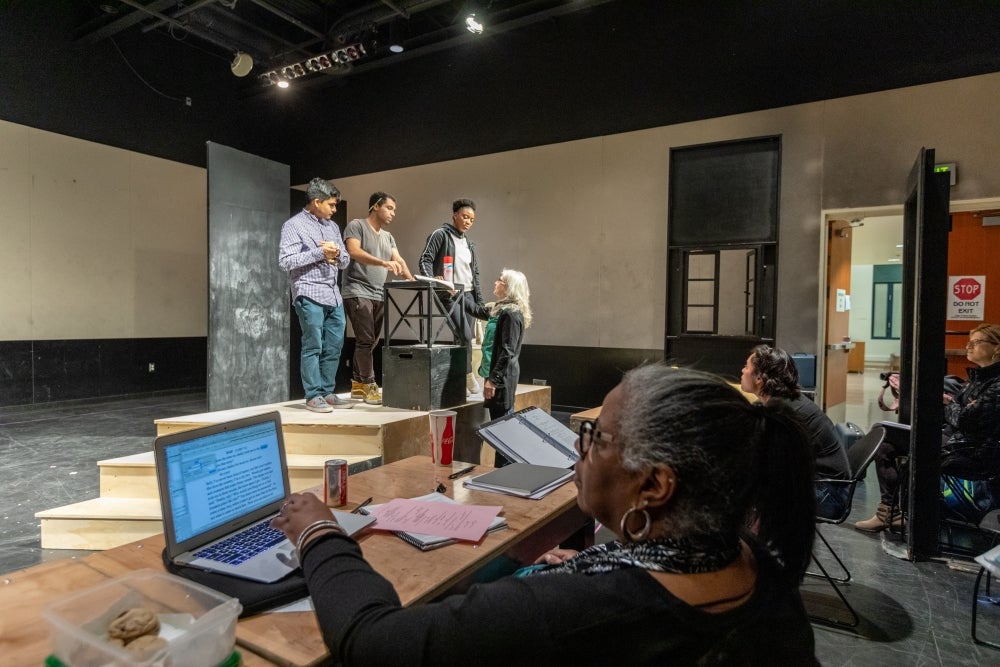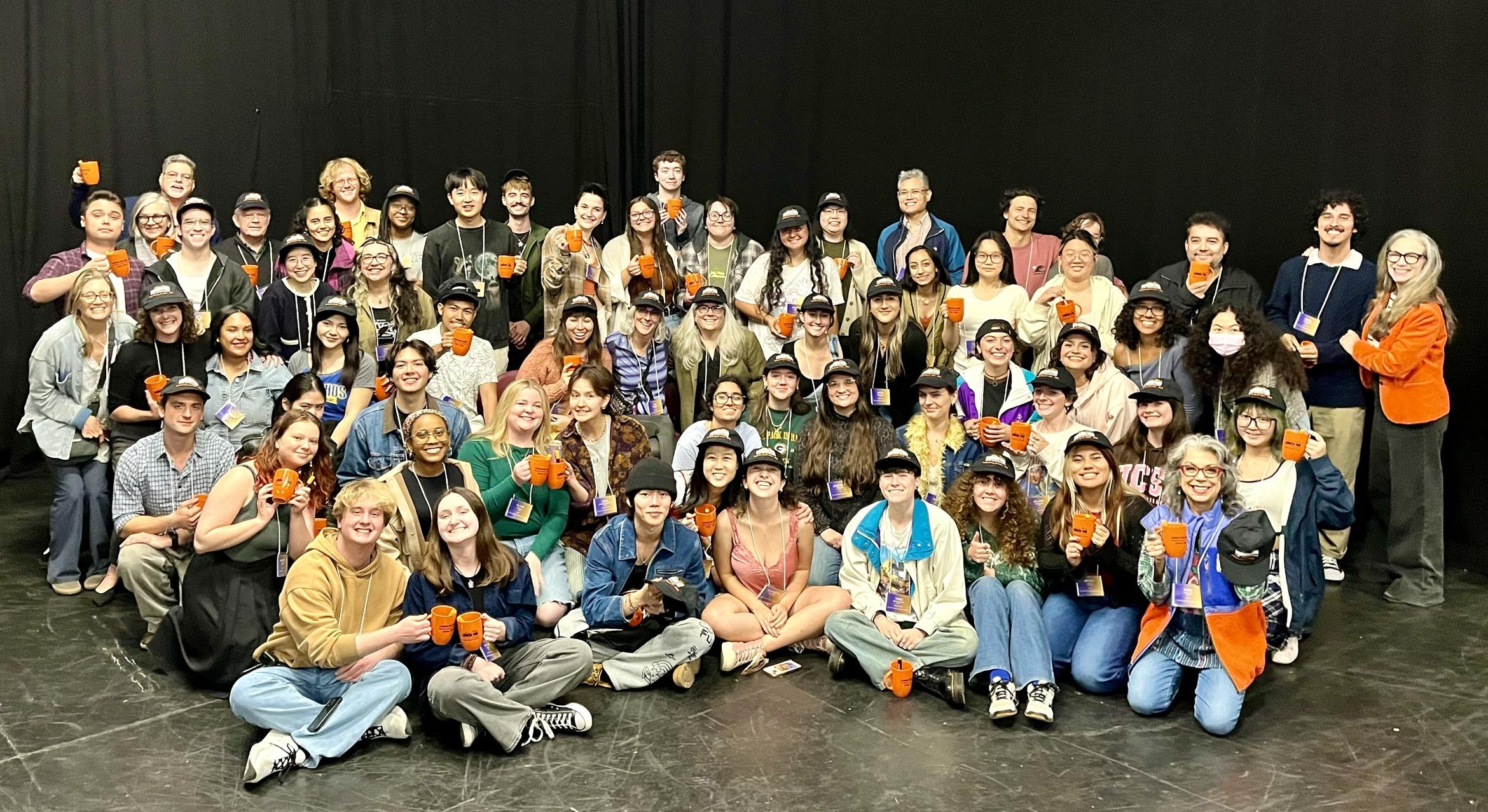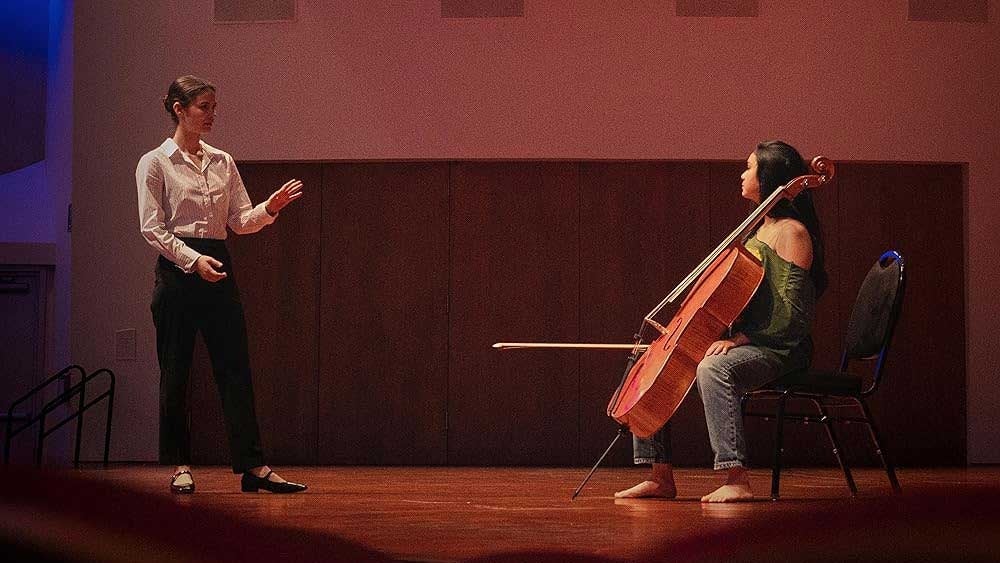Through a Child’s Eyes
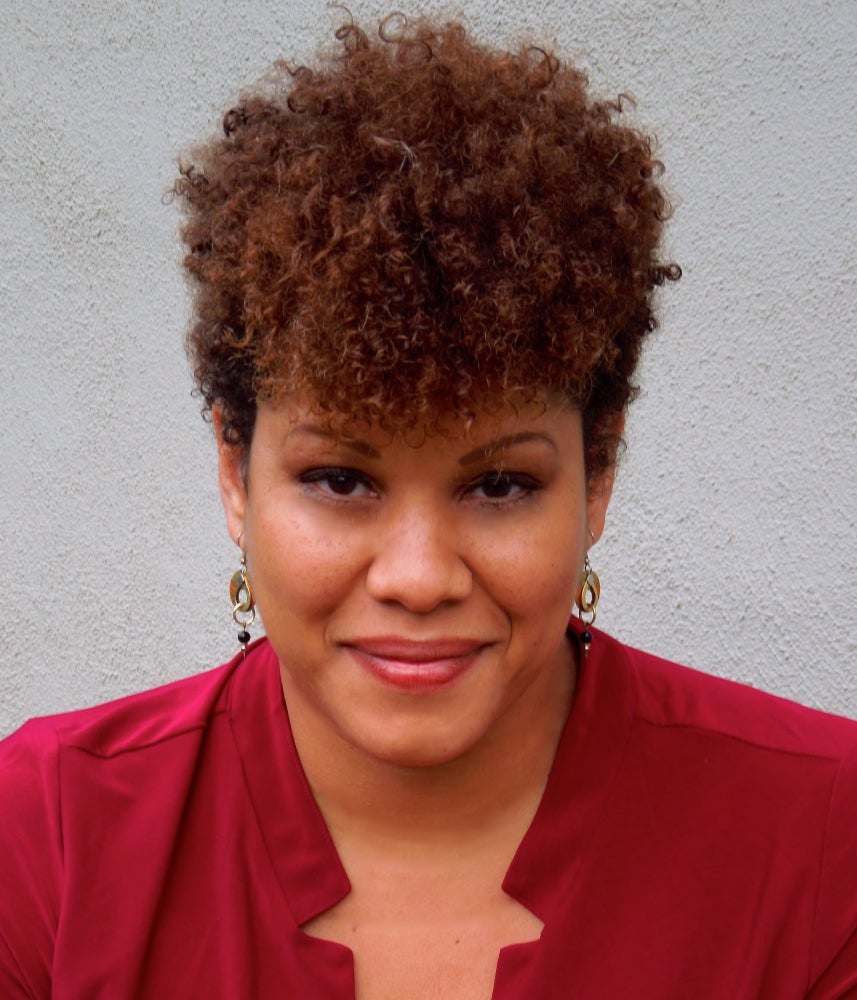
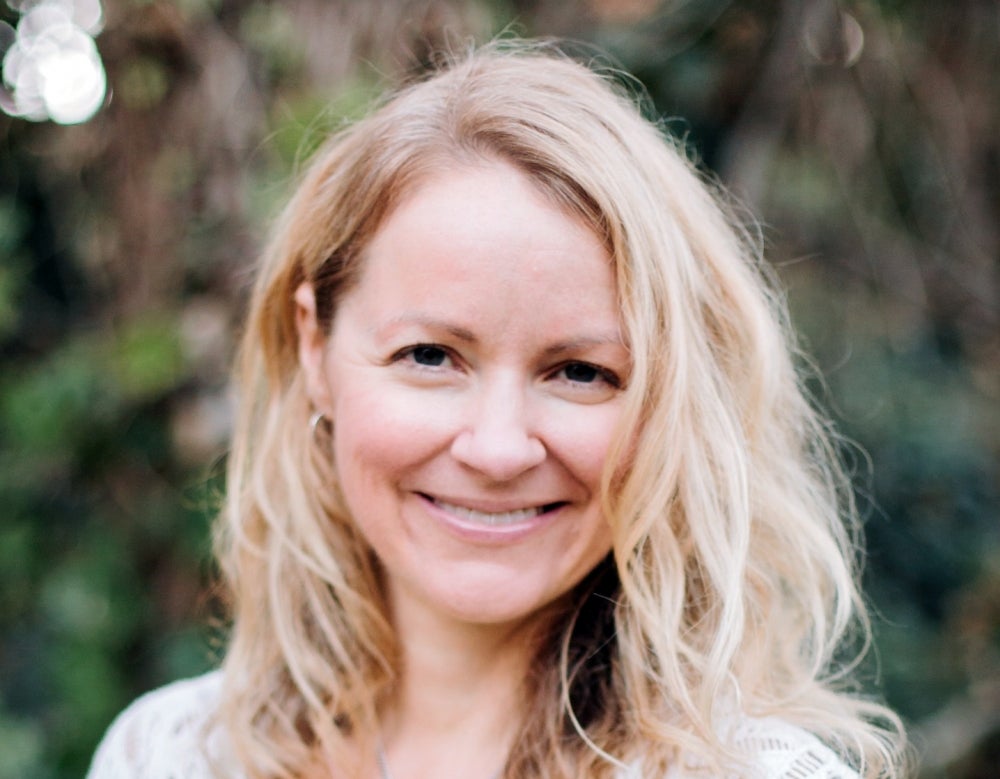
Birmingham, Alabama. Sixteenth Street Baptist Church. September 15, 1963.
A bomb explodes before Sunday morning services, killing four young girls from the predominately Black congregation, injuring many others, spawning a riot — and shining a glaring, national spotlight on the increasingly volatile fight for civil rights.
That horrific, real-life event is central to the story of acclaimed children’s novel “The Watsons Go to Birmingham — 1963,” which explores the effects of trauma and the healing power of family from the perspective of its 10-year-old narrator, Kenny.
The 1995 book by Newbery Award-winning author Christopher Paul Curtis has been newly adapted for the stage by the playwright Cheryl West. It will preview Feb. 14–24 at UC Santa Barbara, as a production of noted play development program LAUNCH PAD.
Both Curtis and West will appear on campus Friday, Feb. 15, at an associated conference meant to explore literary and theatrical representations of Black histories.
“I have been questioning and very moved by recent worldly events that show how ‘man’s’ cruelty impacts the world of innocent children,” West said of her new adaptation. “Thus, I approached this story asking the question, ‘What impact did Kenny, our main character, suffer having experienced the trauma and cruelty that was imposed upon him by adults? What are the aftershocks, if you will? How does a child reinvent the experience so that he or she can learn to live with it better?’”
In a LAUNCH PAD first, the program co-commissioned West’s adaptation with Seattle Children’s Theatre and Chicago Children’s Theatre. The resulting family-friendly preview will debut at UC Santa Barbara then shift to Chicago in the spring for a second production and a third incarnation Seattle in 2020.
“The choice to collaborate with two children’s theaters and create a cross-generational piece was deliberate,” said director Risa Brainin, founder of LAUNCH PAD and a professor in UC Santa Barbara’s Department of Theater and Dance. “The department has never produced anything geared for younger audiences on our main stage before, and we’re excited to invite this demographic to campus. This story could not be more perfect for an experiment of this kind, and Cheryl’s adaptation is masterful. Adults will enjoy it too!”
The companion symposium, “Timely Intersections: Black Histories on the Page and Stage,” was inspired as much by the new production of “The Watsons Go to Birmingham — 1963” as by the original book. It was conceived by UC Santa Barbara faculty members Christina McMahon and Stephanie Batiste, who sought to convene academics, authors and artists to consider how Black histories are repurposed and reimagined as they move across mediums — and to examine Black histories as both a conduit for social change and a mode of education.
“In sympathy with Curtis, West and Brainin’s objectives, we are concerned with possibilities and feelings that arise between knowledge and becoming, especially knowledge of painful events — for children in public and at home, for everyone in the classroom and society at large,” said Batiste, an associate professor of English and of Black studies. “How do we teach black history, race and racist violence — and think about responsibility and transformation at the same time? Teaching histories of racist violence is not the same thing as teaching Black history. Sometimes just coming into racial consciousness for learners is difficult irrespective of the atrocities of segregation revealed in the Birmingham Campaign. Getting all of these folks who care about these processes from different perspectives supports and extends the aims of the show.”
Added McMahon, an associate professor of theater and dance, “For me it was really important to bring together a mix of speakers on this topic from academia and from children’s literature — those actually writing these adaptations of Black histories — and see what we have to say to each other across disciplinary, scholarly and creative lines.”
An interview with novelist Curtis, playwright West and Brainin is the final segment in the symposium, which also features a roundtable on bringing Black histories into classrooms; a panel discussion on translating Black stories for young readers; and a keynote talk by scholar Julius Fleming (University of Maryland), who specializes in African Diasporic literature and cultures with a focus on performance studies.
The LAUNCH PAD production of West’s piece, as in Curtis’s groundbreaking book, centers on a quirky and loving Michigan family of five, “The Weird Watsons” as they’re known, traveling south to Alabama in 1963. When their grandmother’s church, 16th Street Baptist, is bombed in a racially motivated act, 10-year-old Kenny Watson is emotionally upended. And it’s his family who brings him back.
“What’s unique about this adaptation is that it tells the story from Kenny’s point of view after the events in Alabama,” said Brainin, who also will direct the Seattle production. “He is experiencing a kind of PTSD of having lived through something and a lot of what matters to Cheryl West in this is, ‘How do our children recover from any kind of traumatic event?’ And it’s so brilliant the way she structured the piece to explore that, and to pack in all that happens in this story in 75 minutes. Even as it explores challenging issues, the play is highly entertaining with a very hopeful message.”
For West, her adaptation was informed as much by current events and today’s social climate as it was by the past.
“Our country has in many ways progressed and yet has taken a giant step back in terms of inclusivity and tolerance,” she said. “The level of tribalism and racism is striking in its violence. Daily, our children are exposed to images and discussions that promote separation instead of unification. And yet we ask our children to stay innocent and loving and available to meet the world on its own terms. But at what cost? How might they survive the emotional cost and the fear that it could happen to them? My take on the Watson story was to ask these questions, to examine the response to trauma in children’s lives and how imagination and a family’s love is always on the road to healing.
“More than anything, I hope the Watson story leads to discussion,” West continued. “How do we love? How do we heal? Who are the heroes in our lives? What role does history play in teaching us about our present existence? And how do we explain the unexplainable? How do we define hate and how do we define love to our kids?”
The LAUNCH PAD production of “The Watsons Go to Birmingham — 1963” will show at 8 p.m. Feb. 14-16 and Feb. 19-23, and at 2 p.m. Feb. 23-24 in UC Santa Barbara’s Performing Arts Theater.
The Timely Intersections conference will begin at 1 p.m. Friday, Feb. 15, in the McCune Conference Room, 6020 Humanities and Social Sciences Building.
